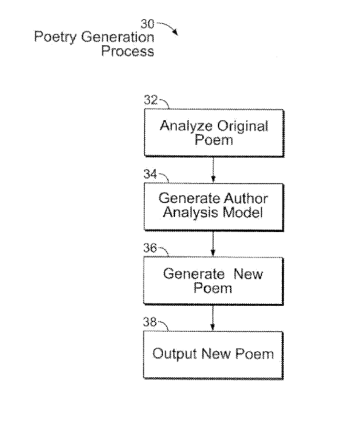Inter Partes Ramble in the Humanities
- Dennis Yi Tenen
The idea for this project was influenced by a mode of activism practiced by scholars such as Vandana Shiva and Alejandro Argumedo and organizations such as the London Sunday Tramps, the Open Spaces Society, and The Initiative for the Prevention of Biopiracy. The ethos of the endeavour opposes the notion of intellectual property protections, particularly in cases where private ownership appropriates concerns previously held in the public domain. Thus, for example, a type of indigenous maize long-cultivated by Oaxacan farmers was recently patented by Mars, Inc., a US-based corporation.1 Similar acts of bio-colonialism involved numerous endemic plants, including rooibos, honeybush, turmeric, and Darjeeling tea.2 Less known is the gradual encroachment of private interests into the realm of the arts and the humanities, where cultural “innovators” are quietly patenting “teaching machines,” “method and systems for automatic computation creativity for story generation,” and “poet-assistants.”
The relative novelty of such technologies and the corresponding non-involvement of humanities scholars in patent tribunals risks long-term chilling effects on our collective capacity to think and create freely. Rambling, trespassing, or simply walking across unjustly privatized properties ensures, at the very least, the continuing easement in the interest of the commons. A metaphorical ramble through illicitly annexed intellectual property further requires legal action.
According to US Code Title 35 § 102, an invention cannot be patented if “the claimed invention was patented, described in a printed publication, or in public use, on sale, or otherwise available to the public before the effective filing date of the claimed invention.” However, the US Patent and Trademark Office does not always have resources to verify the absence of prior art, especially when it comes to matters of cultural production. Therefore, the IP Ramble project aims to: (a) locate prior art for patents issued absent due diligence or in bad faith, and (b) to use the inter parte review mechanisms through The Patent Trial and Appeal Board as provided by the America Invents Act (AIA) of 2012.3
Please contact DYT if you are interested in getting involved (and I will add you to the participants list on this page).
